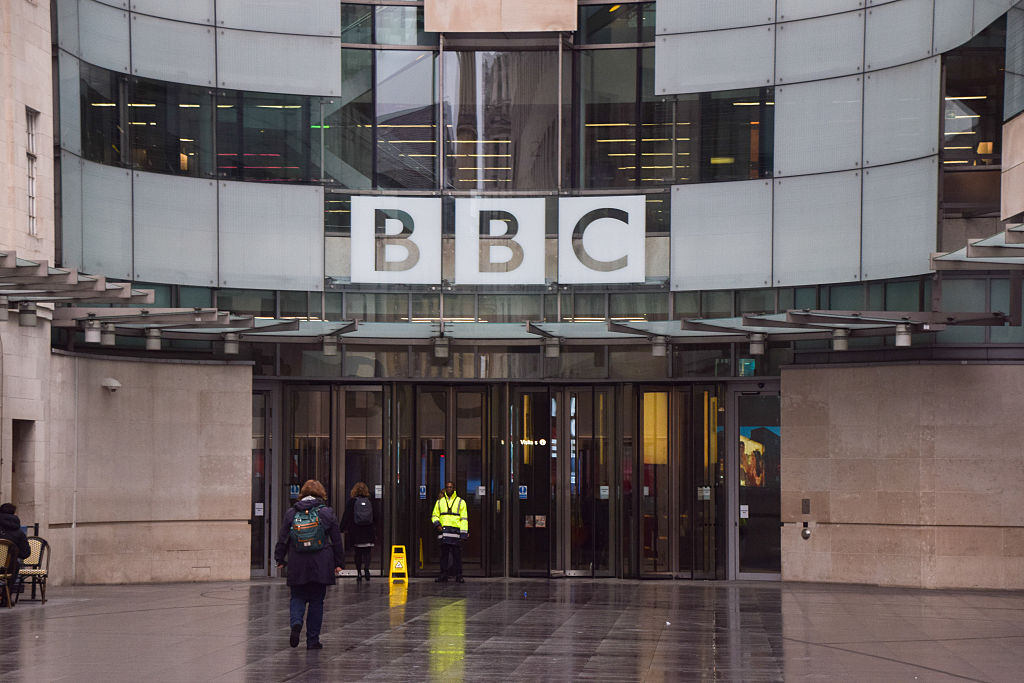We are witnessing what could well be the last few weeks of a constrained Labour party. Sir Keir Starmer is saying as little as possible about his agenda and is instead listing what he won’t do (raise income tax, etc). He is rightly fearful that the Conservatives may do better than the opinion polls suggest. That has happened in the past. There may be a ‘shy Tory’ effect in the polls as there was in 1992, 2015 and 2019.
Who would admit to voting Conservative in the current climate? Regardless, power now looks certain to come Starmer’s way – perhaps with a majority bigger than that of any modern prime minister. It doesn’t much matter that he has not enthused voters with his promises. His strategy has been to hope that the Conservative campaign plays out in a series of blunders – and so far Rishi Sunak has obliged. Even Tory ministers who are knocking on doors are telling voters that Sunak will lose power and are merely suggesting that the local Conservative candidate would be good in opposition.
A Labour majority of just under 300 seats would be a licence not just to govern but to rewire the state
At first, these government ministers felt nervous – even disloyal – peddling this line of argument. But the Conservative party is starting to realise that this message is far more credible than, for example, pretending that they will be back in power, conscripting teenagers or bribing pensioners. Some Tory campaigners have started to use, as a campaign tool, a poll suggesting that the party will finish third, with Ed Davey’s Liberal Democrats acting as the opposition. The idea is to ask voters: is this really what you want?
Voting Reform UK will, in the Westminster model, give Nigel Farage three MPs at most – but could turn a Starmer majority into a supermajority, with sweeping powers to do whatever it likes without any serious concern about parliamentary opposition. If Starmer gets such power, what is likely to happen?
An average of all opinion polls points to a Labour majority of just under 300 seats: larger than any for roughly a century. It would be a freak event, a licence not just to govern but to rewire the state. One of the popular complaints in Labour is that, when the left split in 1981, Thatcher took the opportunity to reshape Britain in a way that was more favourable to Conservatives. Industries were privatised, taxes lowered, council houses sold and television and airlines deregulated. It was an agenda to advance individual liberty delivered so successfully that Labour’s collectivism became a thing of the past.
Starmer may soon have the power to reverse all that. The left is always savvier than the right at understanding the power of institutions, putting the right people in the right places – thereby denying the enemy any quarter. Wealth taxes can be pursued. The House of Lords, still full of Tories, can be swept away. The voting system can be rigged against the Tories by making Britain one of a handful of countries to give 16-year-olds the vote.
Starmer can even tweak the terms of the national discussion. Labour will be able to set the framework for the renewal of the BBC’s ten-year charter, and change the leadership and remit of Ofcom, the media regulator. The Conservatives would also hand over to him the apparatus set up by the Online Safety Act, which empowers left-leaning Silicon Valley algorithms that identify and penalise those who challenge governmental orthodoxy – as we saw in lockdown. The definition of ‘hate speech’ can be expanded to cover critical voices.
Labour has not announced any of these plans yet. But we need to look at who lies behind the Starmer operation: when things get tough, who will he turn to for advice? Tony Blair bought a mansion next to Chequers, and his institute now has a UK staff (they call each other ‘changemakers’) ready to serve as advisers in a Starmer government. We can expect them to revive Blair’s obsession with identity cards, or his recent idea of diverting people’s pension savings into vehicles of the government’s choice. The revived Blairism will be silent and technocratic, and no less dangerous for that.
It is, of course, possible that Starmer uses his majority to push through the market-based reforms that the Tories could not. Wes Streeting, the shadow health secretary, has recently been to Australia to see what a better-run health service looks like. Liz Kendall, the shadow work and pensions secretary, belongs to a tradition of Labour reformers. Both can say that a Labour supermajority needs to be used to confront the vested interests and put patients and taxpayers first.
This is the best-case scenario. But it seems unlikely, given what we have seen of the Starmer project. A country whose voters are fairly evenly split between left and right may be about to be served by a Labour government with the biggest mandate in living memory. It may soon be time for Sunak to admit as much – and ask voters to consider the prospect of a Starmer supermajority before it is too late.







Comments